After recognizing Oscar-worthy genre talent in front of and behind the camera, let’s look at ten horror films the Academy overlooked.
Leading up to the 2024 Oscars, taking place this Sunday, March 10th, we’ve been discussing some exceptional performances in the genre — actors and actresses who brought memorable characters to life and should have taken home recognition for it — and remarkable talent behind the camera more than worth of an Oscar nod. Now, it’s time to recognize some of the emotional, artful, and unforgettable horror films we still can’t believe went unrecognized by the Academy.
Of course, we understand the Academy’s long and frustrating relationship with genre films, and we know how little regard they typically have for the brilliant work done in this genre. However, some films simply transcend genre and are so elevated that it’s shocking they could be so snubbed.
The exclusion of horror films from Oscar consideration is far from a new topic, and I’m far from the first person to opine on the prejudices that keep stellar work from being recognized. However, as we prepare to celebrate another year of outstanding cinematic achievements — honoring some breathtaking work that truly deserves praise — we can’t help but wish there was more opportunity for genre gold like the ten films celebrated below to have a moment in the mainstream spotlight.
1. Train to Busan (2016)
One of the most powerful films to come out of Korea recently, Train to Busan was a pulse-pounding ride that could stop your heart or break it.
A contender for Best Foreign Film and overall popular option on this list, Train to Busan earns its hefty fandom with a heartfelt story of father and daughter, combined with the thrill of a high-speed train ride infested with zombies.
The 2016 film from director Yeon Sang-ho chronicles Seok-Woo (Gong Yoo) and his daughter Soo-An (Kim Su-an), a workaholic, separated father who seems more interested in his email than in his persistent, patient daughter. When an infected woman boards the last train to Busan, the ride turns into a fight for the passengers’ lives as they navigate the high-speed vessel and try to avoid becoming infected on and off the train.
Garnering incredible critical and audience appeal, Train to Busan was an undeniable success that was soon streaming on Shudder.
The Saturn Awards and the Chainsaw Awards were quick to acknowledge what a fortuitous piece of film this was, with Saturn nominating it for Best Horror Film and Fangoria recognizing it as Best Foreign Language entry.
Train to Busan was foreign horror delivered in packaging we can all understand from the zombie phenomenon that took over in the early 2000s and laced with more humanity than I imagine people would give a horror movie credit for.
Gong Yoo and Kim Su-an are magnetic and lovable until the final tear wrenching moments of this film that captured its audience.
I believe this would have been an easy contender as a Best Foreign Film entry, but sadly, like all stories on these lists go, it was passed over. Perhaps too much violence to overwhelm the substance, perhaps Korea’s rise in the entertainment industry is still just approaching its peak, or most likely, this was a noticeable snub to a big-budget film that packaged the dead in a vehicle too fast and too terrifying to consider the trip to Busan high art.
I humbly and vehemently disagree.
2. The Babadook (2014)
You can’t get rid of it. You can’t let it in. Grief, love, and rage bolstered by the supernatural, The Babadook was an award-worthy film and horror picture that painted a portrait of life after loss and the burdens of a mother.
Having lost her husband on the day her son was born, Amelia has been living the last six years in hell, raising a difficult son, working a demanding job, and trying to cope with her grief. This first focuses on her son, Samuel, who begins exhibiting strange behavior like insomnia, anxiety, a fixation on weapons, and even seizures. After dealing with issues at school one day, Samuel brings in a strange book called “Mister Babadook” to read and soon becomes fixated on the title monster.
In no time, it’s not just Samuel who’s seeing visions of The Babadook and acting strangely. Amelia is a ball of rage, snapping, violent, seemingly influenced by the demonic presence and overcome by its pure darkness.
The film itself is brilliant, a terrifying allegory for mental illness, depression, and maternal guilt behind the skittering façade of the Babadook.
The monster is enough to frighten, but Essie Davis pulls out all the stops in her jaw-dropping performance as Amelia. Tired, tense, and soon haunted, Davis is every single working mother struggling while battling her own unique demons and the difficult relationship she has with her troubled son.
She can be so soft and demure, almost ashamed of her exhaustion at life, testing her at every turn as we watch her character break down.
Kent is a woman on fire behind the camera, choosing to buck CGI for her monstrous creation and turning to on-camera and stop motion tricks to conjure up the inhuman voice and façade of The Babadook.
This film was dismissed to a fault, receiving little support even from within the genre for its inventive directing style and its unforgettable lead performance. From Australia, The Babadook is a foreign entry with the chops to rival Train to Busan, just attacking the genre from a different angle. I find it incredible that this piece exists, and so few mainstream eyes have even skimmed it— let alone given it the proper opportunity to be rewarded for its boldness, its fearlessness, its raw originality and emotion married with pure talent.
To me, this is storytelling at its finest, but I suppose to others, it’s a disturbing account of a mother losing her mind and a raspy-voiced devil rising from the pages of a book to become a nightmare rather than a dream.
An easy dismissal from the Academy, this film, I fear, will remain a treasured cult classic.
3. Split (2016)
A tour de force performance in the vessel of a second installment of the Unbreakable series, Split was an impactful look at mental illness, trauma, and the drive of a survivor.
Kevin Wendell Crumb is a man living with dissociative identity disorder, housing two dozen identities in his body in which the most dominant identity, Barry, is forced to cede control over to other alters. As his alter Dennis, Kevin kidnaps three young girls just outside of Philadelphia, imprisoning them in a secret lair he’s designed for himself underneath the Philadelphia Zoo.
As Kevin begins to change, and the girls begin to understand the danger they face as the alters assert their various levels of dominance and sadism, it becomes a race to find the exit before Kevin’s most dangerous and powerful alter, The Beast arrives to claim the girls as a sacrifice to the broken.
Written and directed by M. Night Shyamalan, Split was James McAvoy’s most powerful performance, in my opinion.
Heart-pounding closeups and inverted shots demonstrate the mastery behind the camera, while McAvoy and Taylor Joy are captivated on screen. Swapping effortlessly between alters as difficult to portray as a nine-year-old child or the manipulative and prevailing Patricia. McAvoy in interviews says the process was a blur for creating the mannerisms and personalities of the alters. Yet, he remembers trying to insert parts of the characters that he understood into their behaviors.
For example, McAvoy recounts trying to choreograph Hedwig’s dance for Casey, saying he tried to lose control of his body the way he believed a child would, or Patricia, who he imagined to be a large-busted but modest woman, so he manipulated the way he carried himself as her to reflect this.
The writing is powerful, delivering some heartfelt and mixed messages about mental illness, trauma, and the value of “the broken.”
I don’t know any other performers who have achieved what McAvoy has in the character of Kevin Wendell Crumb, and he received not a single accolade besides an MTV movie award and Teen Choice nomination for doing what I imagine some performers would find impossible.
The film itself would receive a Saturn nomination for Best Thriller Film, but would avoid any Chainsaw or other major award categories.
A frightful oversight of some once-in-a-lifetime writing and acting, Split was a massive achievement for Shyamalan and McAvoy. It’s a waste that no major outlets — especially the Oscars — recognized the power of what they were presented (failing again to reward McAvoy for his tremendous reprisal of Kevin in Glass).
4. The Menu (2022)
Starring the cream of the crop from horror and fantasy, The Menu was elevated social satire with a side of anxiety.
Tyler (Nicolas Hoult) is taking Margot (Anya Taylor Joy) to an exclusive dinner serving at the prestigious Hawthorne run by Chef Slowik (Ralph Fiennes). A foodie at heart as well as a pain in the ass, Tyler and the other guests other than Margot seem quite pleased with themselves to be counted among Chef Slowik’s lucky selected diners this evening and the service begins slowly, but cheekily.
Denying those who have everything the food they feel they deserve and gradually turning up the heat (so to speak) in the restaurant, it turns out this dinner is destined for disaster along with dessert.
A delicious story chronicling the ruin of art and taste; perhaps this was too powerful a dose of reality for a group like the Academy.
Director Mark Mylod along with writing talent Seth Reiss and Will Tracy encapsulate “eat the rich” with this perfectly funny and occasionally horrifying piece of satire scored perfectly with immaculate, plucking string instruments.
Starring many familiar faces, you’ll be shocked who you find yourself aligned with and find your heart racing along with the diners between each course.
Fiennes, as always, delivers a striking performance as the clapping, condescending, ruined chef prepared for the end, bolstered by antagonists like Hoult and John Leguizamo, Fiennes finds himself in bad company in the film, but the audience gets the perfect pairing with this cast lineup.
I think this film had it all, from the sleek visuals to the performances, which ranged from the deadpan to the desperate, and a story that had you dying for the final course.
The film was a critical and commercial success, winning over audiences and breaking into some major award categories for performances. The Saturn Awards nominated it five times over, including for Best Thriller Film and Best Actor in a Film for Fiennes, who also earned a Golden Globe nod alongside Anya Taylor Joy. Fiennes would also be nominated for a Satellite Award and the screenplay would be nominated for a Chainsaw Award. Unfortunately, none of the nominations transformed into wins.
With A-list portrayals and clever screenwriting, The Menu could have contended with Hollywood blockbusters on wit and a shocking cast for could have been just another thriller, but the Globes is where the recognition stopped and the Oscar snub began.
5. Mandy (2018)
A bit of a reach considering the Academy’s tastes, Mandy would have been a film to rock the ranks and change our definitions of Oscar-worthy.
The story is set in 1983, and it’s that of Red (Nicolas Cage) and Mandy (Andrea Riseborough), living off the grid as an artist and author while Red nurses his recovering alcoholism. One day, Mandy catches the attention of a cult leader, Jeremiah Sand (Linus Roache), head of the Children of the New Dawn. Drawn to Mandy’s beauty, Sand takes action, and with a group of cult members invade the couple’s home.
After being ridiculed instead of worshipped, Sand is humiliated and punishes Mandy in the cruelest manner possible in front of Red. What these zealots don’t know is Red won’t revert into a broken man, this loss, will only fuel flames once fed by grain alcohol.
Mandy is an unorthodox choice for an Oscar nomination, I know. An action horror mashup with psychedelic overtones and copious amounts of violence, it certainly doesn’t look or behave anything like a prim and proper Oscar nominee. In spite of its unusual profile, the film delivers a hallmark performance for Cage, signaling his official arrival to horror, and demonstrated imaginative visuals and concepts that audiences could savor on screen and chew up mentally.
There’s nothing like a tale of retribution, and Mandy is one of the grandest ever told.
Cage is uncontrollable, screaming and shaking in his pain and stone cold determined even when his life is on the line. Backed by producer Elijah Wood, directed and penned by Panos Cosmatos, director, cast and crew are all horror maestros flexing their muscles. Mandy was a small film that garnered mixed reactions upon its release, though mostly gaining positive reception.
A genre-bender, the film earned itself the Saturn award for Best Independent Film as well as a nomination for Best Actor for Cage. It received an astounding six Chainsaw Award nominations, winning three, including Best Limited Release Film and another accolade for Cage’s performance.
Weird and wild, Mandy never had a chance with its limited release, low marketing and budget and off-the-wall concepts. I think, though, if we considered more films like Mandy and actors like Cage (who is already an Academy Award winner), categories would be shaken to their core, and performances once relegated to fantasy worlds and gore fiends would be opened up to a wider public to enjoy some less predictable, more experimental forms of film.
6. The Witch (2015)
A monochrome period piece written and directed by Robert Eggers, The Witch was a slow-burning folk horror masterpiece that brought now ubiquitous star Anya Taylor Joy out of the shadows for her first credited feature appearance and into scream queen history.
Set in New England during the 1630s, Eggers tells of an English settler William (Ralph Ineson) and his family: wife Katherine, daughter Thomasin (Anya Taylor Joy), son Caleb and twins Mercy and Jonas. The family is exiled from a Puritan settlement over religious disagreements, and after being expelled, they build a farm near the woods where Katherine bears her fifth child. Soon after, while under Thomasin’s watch, the infant goes missing, and it is revealed the child has been taken by a witch and killed for a spell.
Blaming their daughter for the loss of their newborn son, soon evil is creeping into the farm, and it seems the witch’s influence isn’t limited to the tree line.
A critical and financial success, The Witch is considered one of the most influential and highly praised horror films of the 2010’s and Eggers, a visionary. Blasting through to a 40 million dollar gross on a 4 million dollar budget, this small movie delivered its weight in gold showing an interest at the box office and a fondness for the bleak, tense, character based story that was blooming into something frightening.
Genre outlets jumped at the chance to embrace The Witch with the Saturn Awards, giving it nominations for Best Horror Film and Best Performance By a Younger Actor. Additionally, Critics’ Choice Awards nominated the film for Best Sci-Fi or Horror Feature. Sundance recognized Eggers with a directing award, and it garnered four Chainsaw Award nominations, taking home Best Film and Best Actress for Anya Taylor Joy.
With a breakout performance, careful antiquated imagery, and a thoughtful, historically based storyline, it seemed like The Witch would have been fit to launch Eggers and Joy to the Oscars for their debut work. Sadly, for reasons I can’t place, The Witch, with its impressive earnings and performances, was turned away from the awards.
Perhaps the small filmographies that made these players so open and accessible to this artistic material was a factor in this decision — though I don’t think you should punish an amateur for success.
A tragedy for Eggers and Joy to be sure, this result doesn’t leave me hopeless for the two stars though as they only seem to keep rising.
7. Midsommar (2019)
Jaw-dropping, beautiful, shocking, and shining, Midsommar was a visual feast for viewers that cemented Florence Pugh into horror history.
We begin with Dani (Pugh) and Christian (Jack Reynor), their four-year relationship on the rocks with Christian wanting out. Though he and his friends prepare for a breakup, no one can prepare for Dani’s unimaginable loss. Before Christian can end things, Dani’s mentally ill sister commits suicide, killing her parents as well. Consumed by loss and grief, Dani is paralyzed and Christian can’t bring himself to leave her, instead inviting her on a trip with him, some classmates and an exchange student have been planning to Sweden for a festival.
Dani’s journey is rocky, and when they arrive, the atmosphere, though serene and inviting, is still unnerving.
The festival begins with all drugs and dress, proper dinners, and welcomes, but soon, the true meaning of Midsommar presents itself, and Dani will have to confront her fears of loss in a painful, mysterious manner.
Led by the frowning, sobbing façade of Florence, the cast holds down a deadly serious script with appropriate gravity and respect. The group fights for power and importance in the village, asserting Pugh as a stronger character than she should be, shouldering heavy burdens, and trying desperately to salvage her relationship.
The film’s visuals are nothing short of iconic, the women in their white dresses dancing in a circle is mesmerizing and the sheer amount of color and vibrancy makes this seem like a world beyond our own.
Aster is a master of emotion as demonstrated in his breakout debut Hereditary, and went to work out our heartstrings again, prying at our feelings towards death, the seasons of our lives, and how we choose to spend and end them.
Some outlets took notice of Midsommar’s impact, thankfully. The Saturn Awards nominated it for Best Horror Film, and Critic’s Choice nominated it for Best Horror/Sci-Fi Movie. It received an impressive six Chainsaw Award nominations, winning five, including Best Wide Release Picture and Best Director for Ari Aster.
The film, Aster, and Pugh were no doubt overlooked by the Academy for their outstanding work in creating a movie with such a singular viewing experience. Watching Midsommar is affecting (in my experience), demonstrating talented writing, captivating imagery, and ranged performances.
It appears the Academy wasn’t as moved as I was by this harrowing portrayal of loss compounded all the way to a fiery end.
8. Nope (2022)
While Jordan Peele has taken home his Oscar for Get Out, he has yet to win Best Picture, despite his many artistic achievements highlighting everything from the darkest satire of modern racism to our current tale of extraterrestrial mayhem.
Nope was Peele’s most recent title, diverting from social commentary and focusing on the skies above. Starring a monotone Daniel Kaluuya, a fiery Keke Palmer, a brief Keith Davis, and a hilarious (but traumatized) Steven Yeun, the cast was stacked — talented with horror knowledge to spare.
The story follows the Haywood family Otis Jr., Sr. and Em who raise horses for films. One day on their ranch, small, metallic objects begin to fall from the sky, one striking Otis Sr. (Keith David) in the eye, killing him. Six months later, the business is in trouble after a mishap with one of the horses on set, and soon, the ranch is selling horses to a Western-style theme park to keep the business afloat.
One night, the electricity at the ranch begins to go haywire, and the horses react aggressively to something outside. Investigating the disturbance, the siblings discover that an unidentified flying object has been snatching up their horses. With signs mounting that an extraterrestrial being is lurking in the plains, it’s up to Otis Jr. and Em to capture the hardest thing: proof.
Nope was a visual delight that highlighted its director’s power behind the camera with tricky imagery, fleeting moments of belief, and sometimes fear as Peele confronts us with the possibility that we aren’t alone.
Beautiful panoramic shots of prairies, hills, and endless clouds highlight the shooting location’s natural beauty and emphasize the country’s isolation. Peele was on top of his game in terms of presentation. Keke Palmer is the star of the show here as well, outshining her fellow costars with a larger-than-life personality and the endless drive to get the impossible shot.
Nope was quickly decorated by genre outlets, nominated for seven Saturn Awards alone, and took home the Best Science Fiction Film award. Recognized by BET, People’s Choice, and the Writers Guild of America, it was clear that Peele delivered another winning film. Nominated for an astounding ten Chainsaw Awards, Nope was decorated and took home Best director for Peele along with Best Cinematography (I told you the camera work was good).
Nope was an imaginative triumph, no doubt, but it lacked the timely social commentary that made Get Out so appealing to the academy. Without the political and societal messaging, Nope likely appeared to the judges to be another film about aliens just out of sight and a family grappling with loss (a more advanced version of Signs). With so much recognition for direction, performance, and camera work, it’s truly a sin that Nope wasn’t recognized for its imaginative shooting or razor-sharp direction.
Falling short of Get Out’s milestone by failing to deliver the cathartic white guilt that the self-aggrandizing crowd loves to feel purged of, Peele delivered award worthy film making without the politics, and I don’t think his previous works should define his future success.
9. Hereditary (2018)
Another feature from Ari Aster, Hereditary was unforgettable to say the least when it landed as a feature debut.
Starring Toni Collette, Alex Wolff, Milly Shapiro and Ann Dowd, the cast was loaded with heavy hitting dramatic actors with experience in the genre. The tale follows Annie (Collette) and her family. An artist living with her psychiatrist husband, the couple have two children, 16-year-old Peter and 13-year-old Charlie. Opening at the funeral for Annie’s mother, the pair had a difficult relationship that seems to have been passed down to Charlie, who partakes in some odd behaviors.
Peter is invited to a party, and at Annie’s insistence, he must bring Charlie as well to socialize. During the festivities, Charlie consumes peanuts, a deadly allergy, and whilst rushing her to the hospital in an unforgettable tragic spiral of events, Peter swerves the car while Charlie’s head is out of the window, gasping for air. One turn of the wheel, one post on the road, and Charlie is decapitated in the backseat. Driving the corpse home and crawling into bed, the screams that greet Peter in the morning are only the beginning.
Hereditary is a shock to the system the first time you watch it; the tragedy blended with supernatural and familial terrors creates a heady, spiritual atmosphere.
Aster is a master, moving his players not like chess pieces but checkers, clumsy pieces colliding, pushing, and flying off the board as mother and son grapple in a losing game of blame. Toni Collette was by and large the greatest Oscar snub from this film. Her performance is possibly one of the best of her career, and there are countless scenes to demonstrate her acting chops.
Wolff, as well, is an evolving, traumatized character undergoing familial and supernatural changes a teenager couldn’t’ possibly hope to process. His performance is measured, raising the heat until Peter reaches his boiling point, screaming at his obsessed mother or beating himself senselessly against his will.
Support poured in for Hereditary from every source but the Academy. The Saturn Awards nominated Hereditary for Best Horror Film, gave Collette a Best Actress nod, and sent Aster home with the Legion M Breakout Director Award. More popular outlets like Critics Choice nominated both the film and Collette, but neither won, and the Independent Spirit Awards nominated both Colette for Best Lead and Aster for Best First Feature.
Similarly, Hereditary was nominated for Best Motion Picture Drama at the Satellite Awards and brought home no prizes.
The Chainsaw Awards was a different matter. There, the film was nominated for a massive eight prizes, taking home six wins of its eight nominations. I cannot see a reason that this film and its outstanding performers were not honored with Oscar nominations or why Aster and his standout debut weren’t given space to shine.
While the story was dark, and the endings were violent, you cannot deny the rawness of Hereditary and the sense of dread and curiosity it inspires, making it poignant and all too terrifying, especially to the Academy.
10. The Shining (1980)
One of the highest rated films overall on IMDb, The Shining was a horror staple brought to us from the stories of Stephen King and the direction of Stanley Kubrik.
Starring Jack Nicholson, Shelley Duvall, and Scatman Crothers, the story follows the Torrence family of Jack (Nicholson), Wendy (Duvall), and son Danny (Danny Lloyd). Jack Torrance has taken a caretaker position for the Overlook Hotel for the winter, shutting himself and his family in the hotel; he is attempting to write as the hotel is empty and dead. Soon, Jack’s son begins to see and hear unexplainable things, visions in the halls, and nightmares. It appears the hotel has more guests than the Torrance family anticipated.
One of the most memorable King creations and one of the biggest pop culture moments for Nicholson (Here’s Johnny!), The Shining received mixed reviews in its time, and only recently has been receiving the sequels, credits and ratings it rightfully deserved.
The Shining is home to some of the most iconic scenes in horror, from the elevator doors to the axe; the film is simply mythical.
Jack Nicholson puts on what may be his most unhinged performance, driving rumors of complex direction.
In 1981, it was only nominated for three Saturn Awards, with the sole winner being Scatman Crothers for his portrayal of Halloran. In fact, the film boasts negative awards in addition to positive ones. Both Shelley Duvall and Stanley Kubrik were nominated for Razzie Awards that year for worst actress and worst director respectively (Duvall’s nomination was retroactively rescinded).
There is virtually nothing acknowledging the directing, acting, and storytelling achievements of The Shining in spite of it being one of the highest-rated films available.
The Academy had the chance to acknowledge a film unlike anything it had ever seen before, offer Nicholson one more Oscar nod to add to his mile-long list, as well as acknowledge Duvall’s committed, emotional work and Kubrik’s spearhead direction. It chose not to.
Despite its varied reception and delayed appreciation, the film was a winner of the National Film Registry in 2018, ensuring that The Shining, even without a proper Oscar nomination and some fierce criticism, would be immortalized and preserved like the history it is: immortal, influential, and misunderstood.



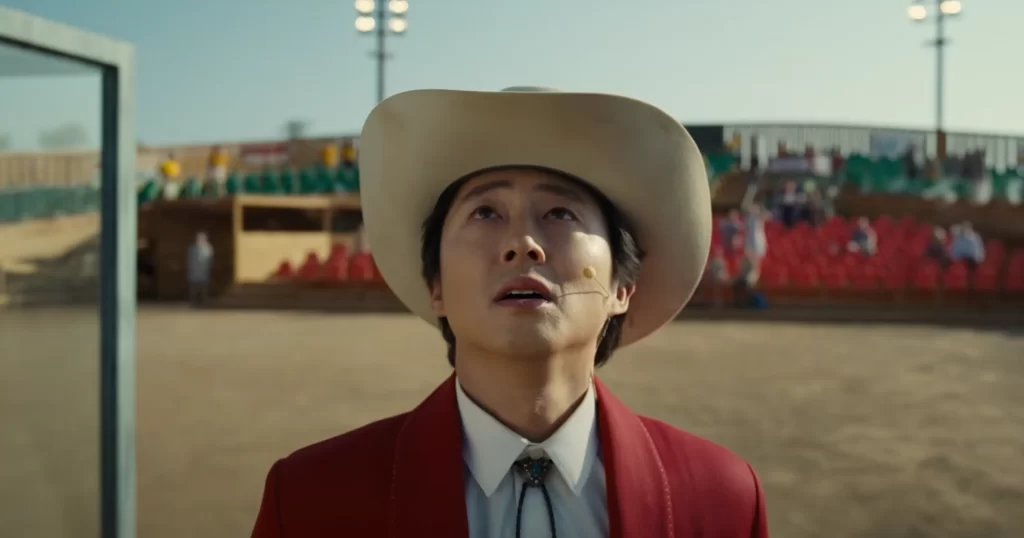
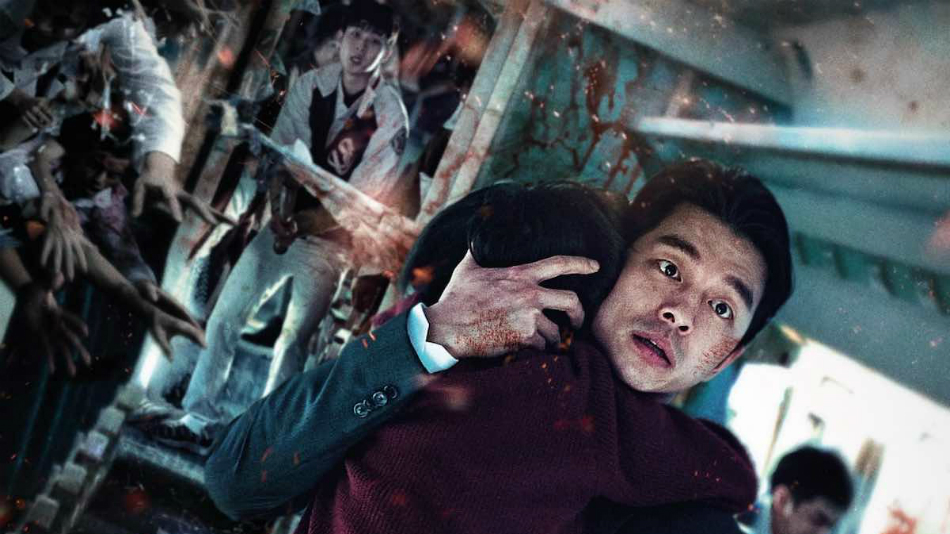
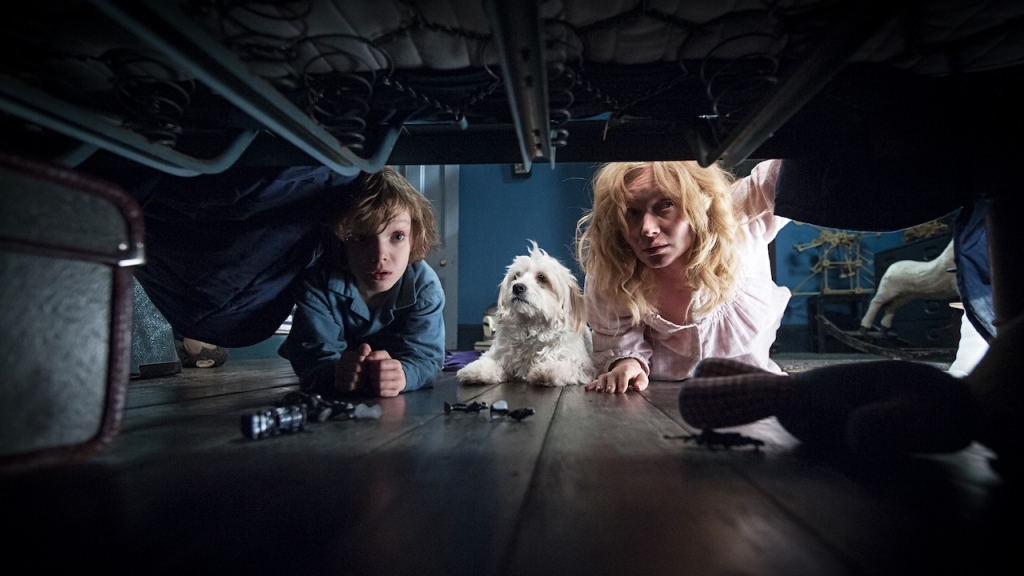
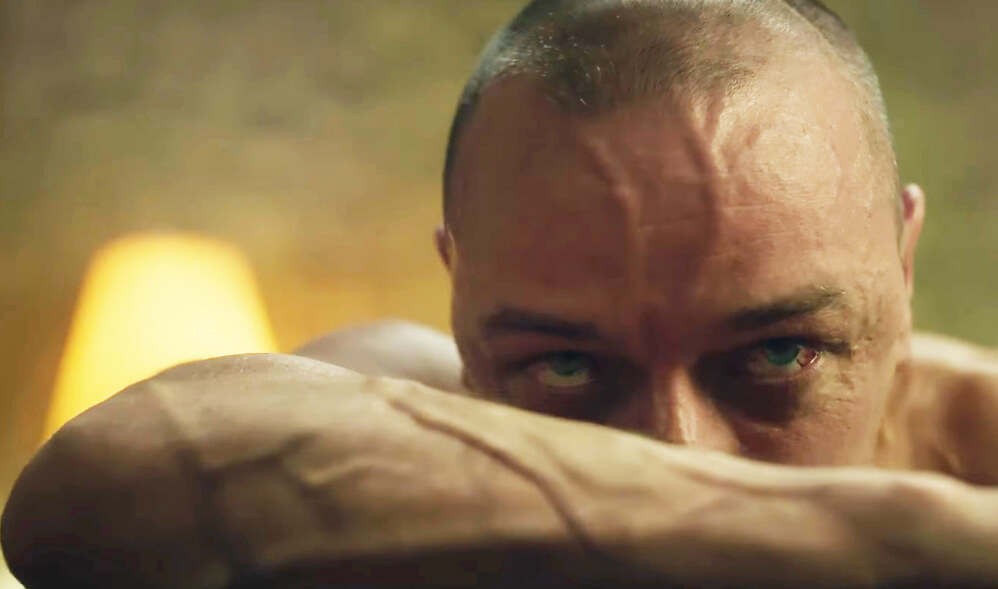
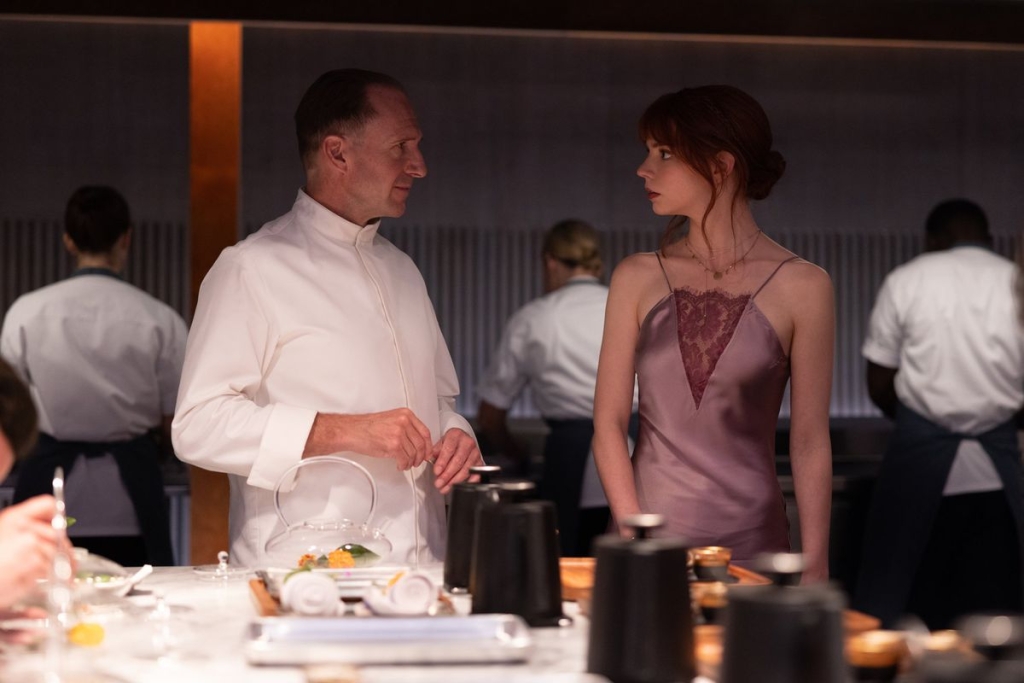
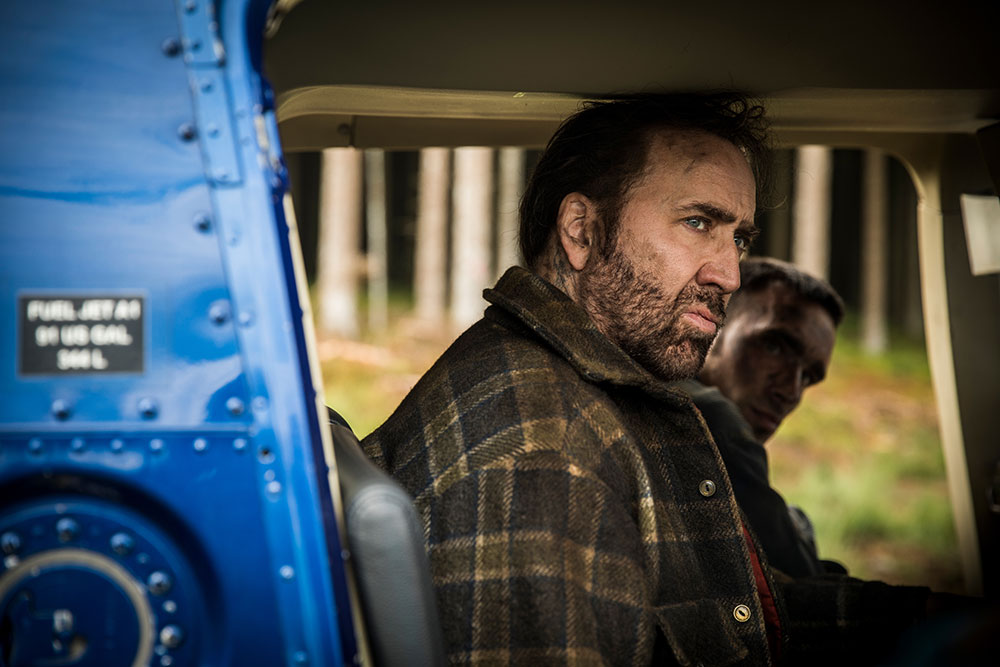
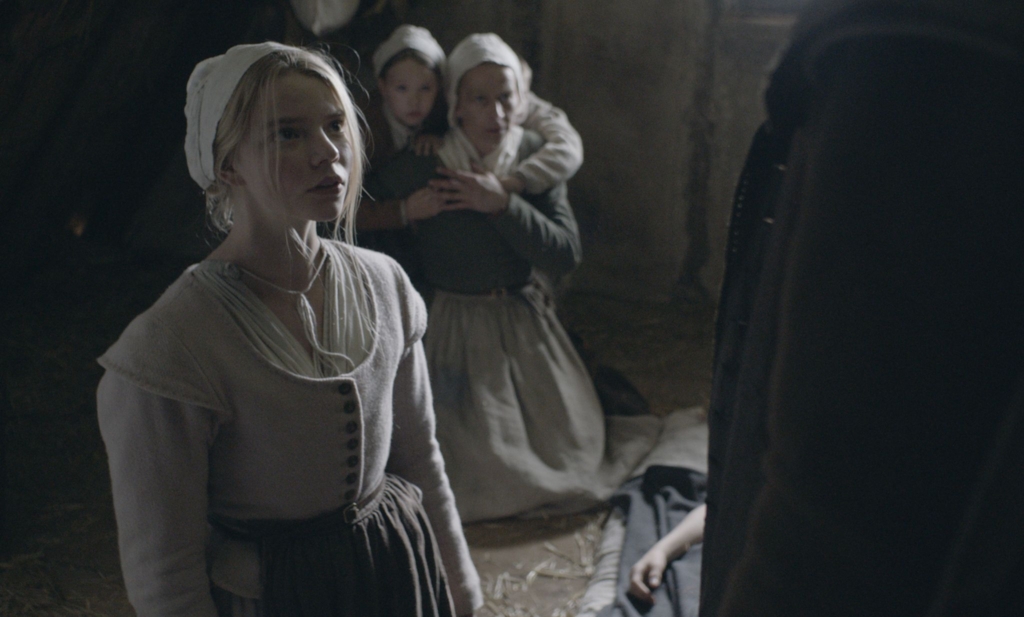
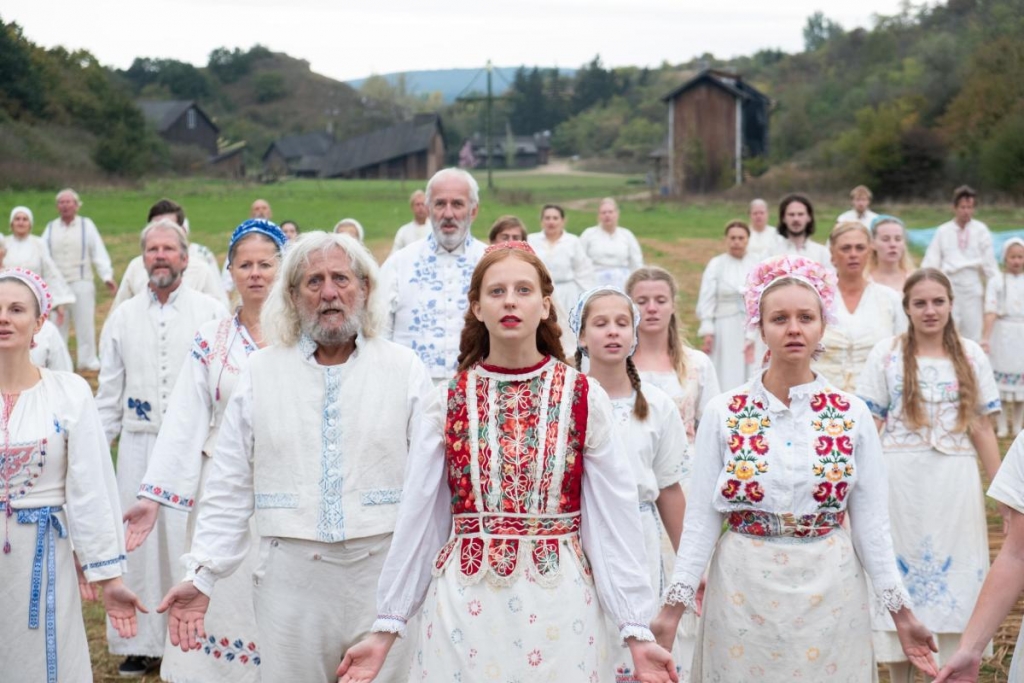
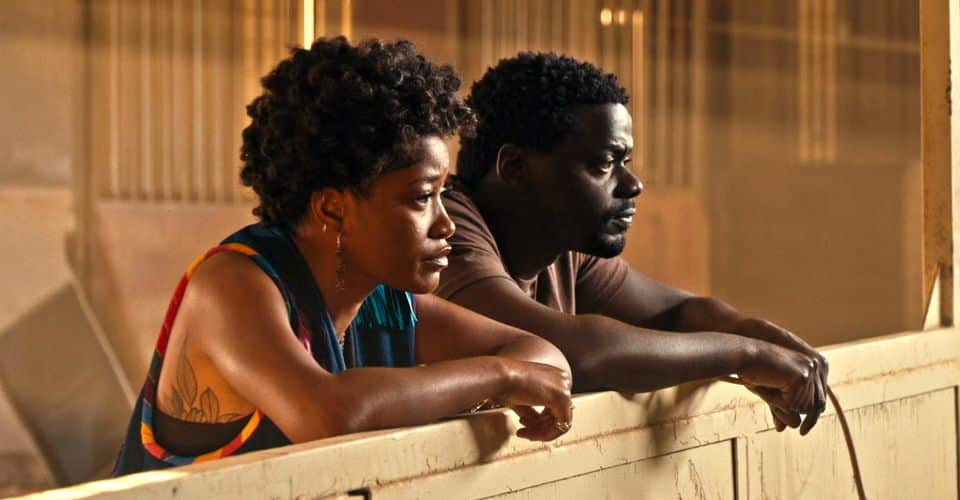
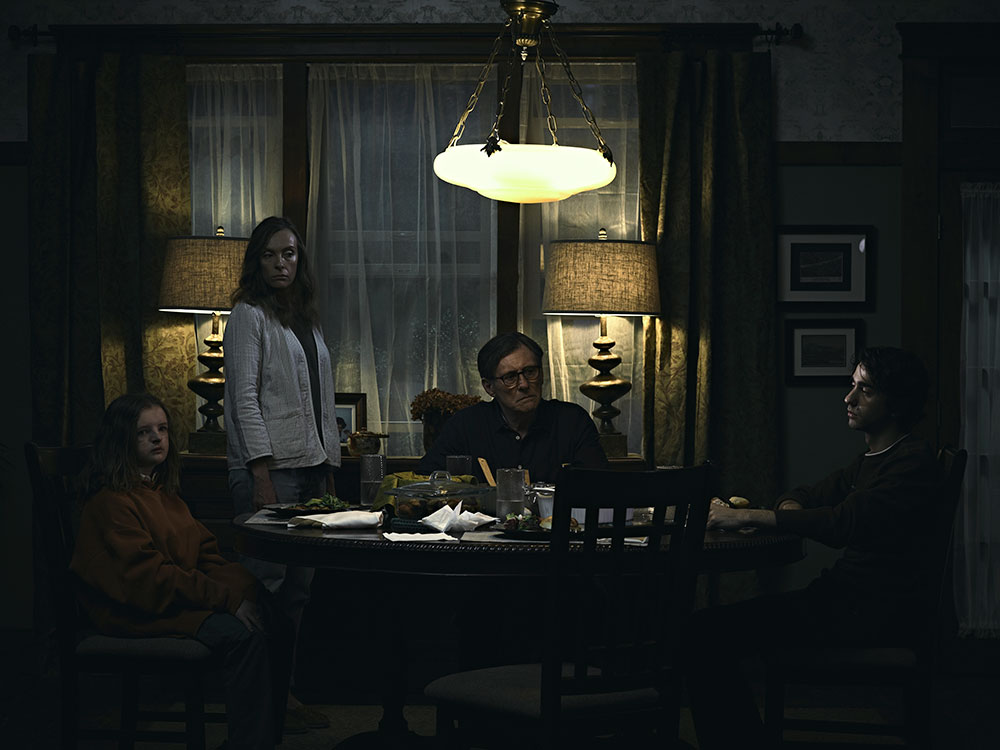
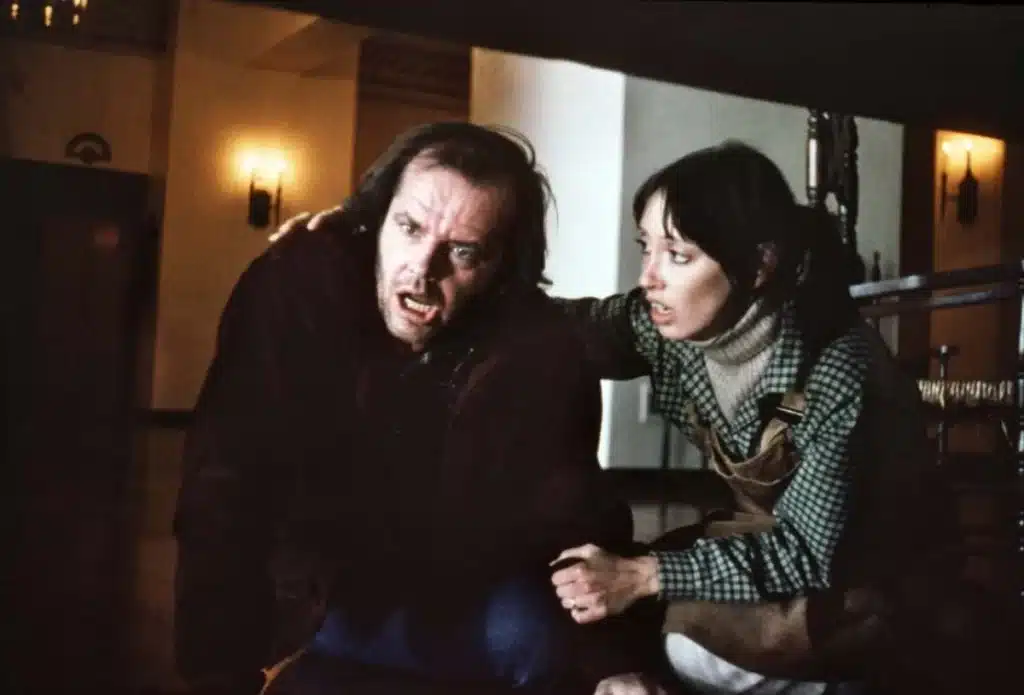


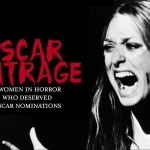








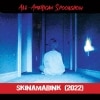
Follow Us!